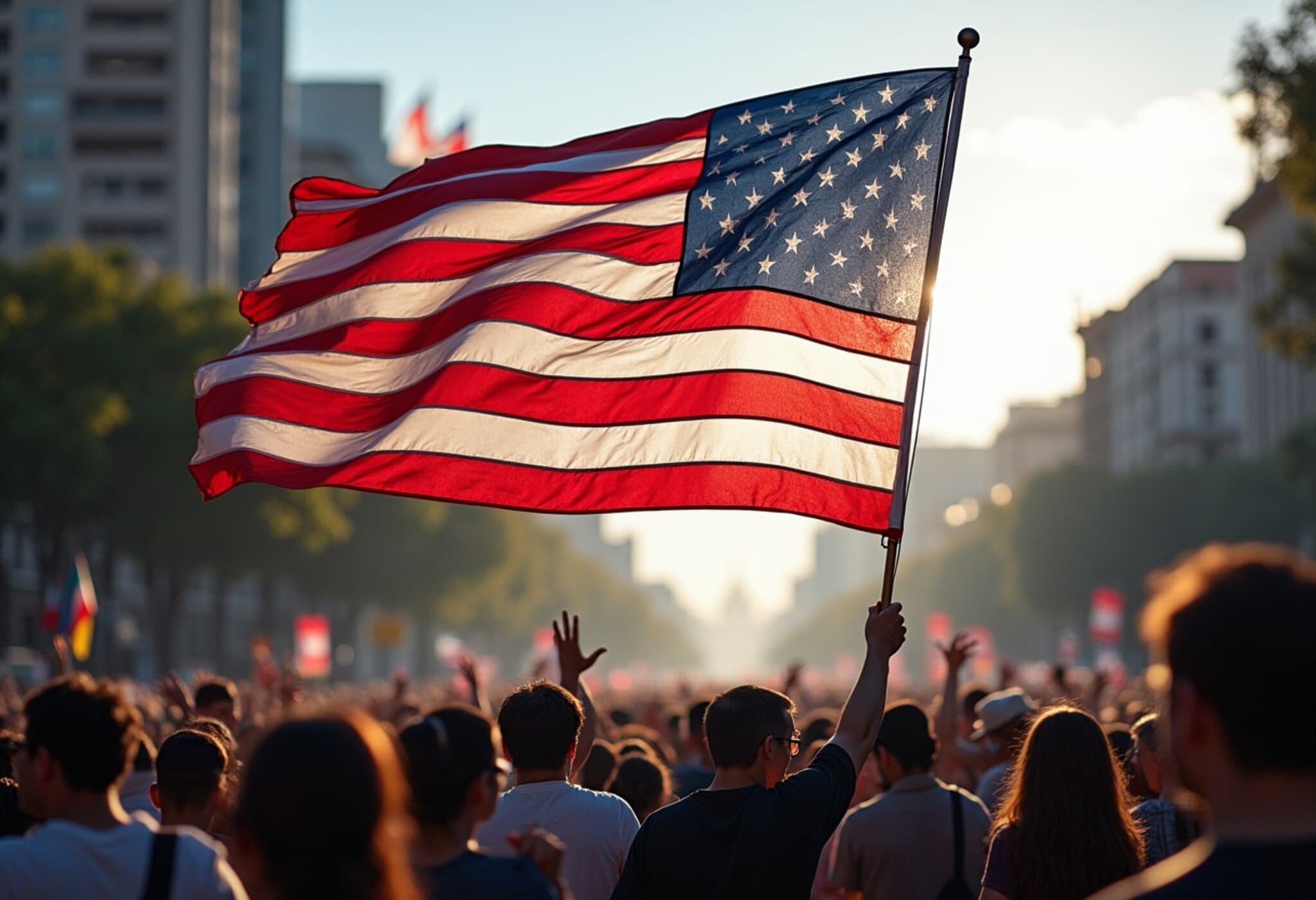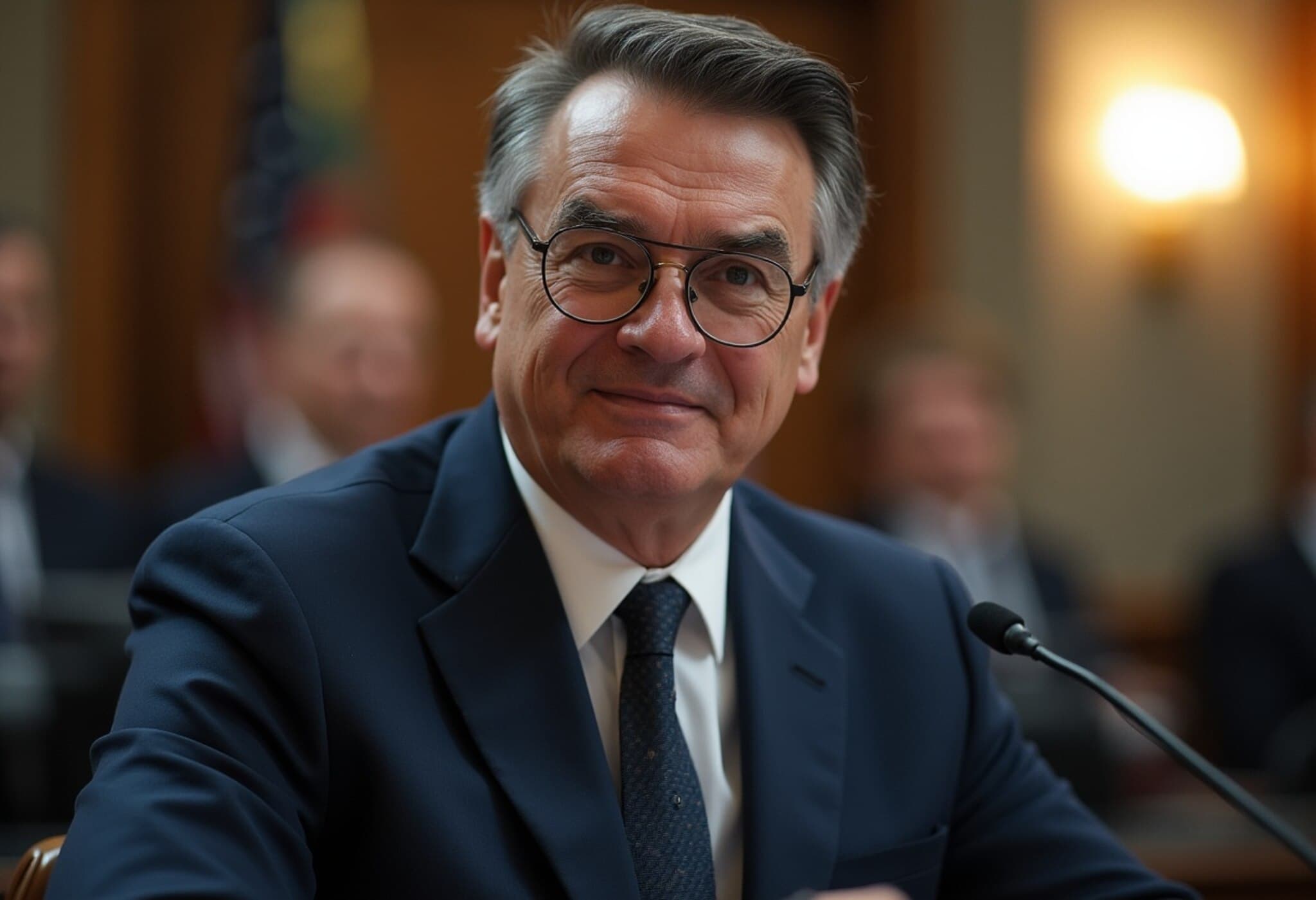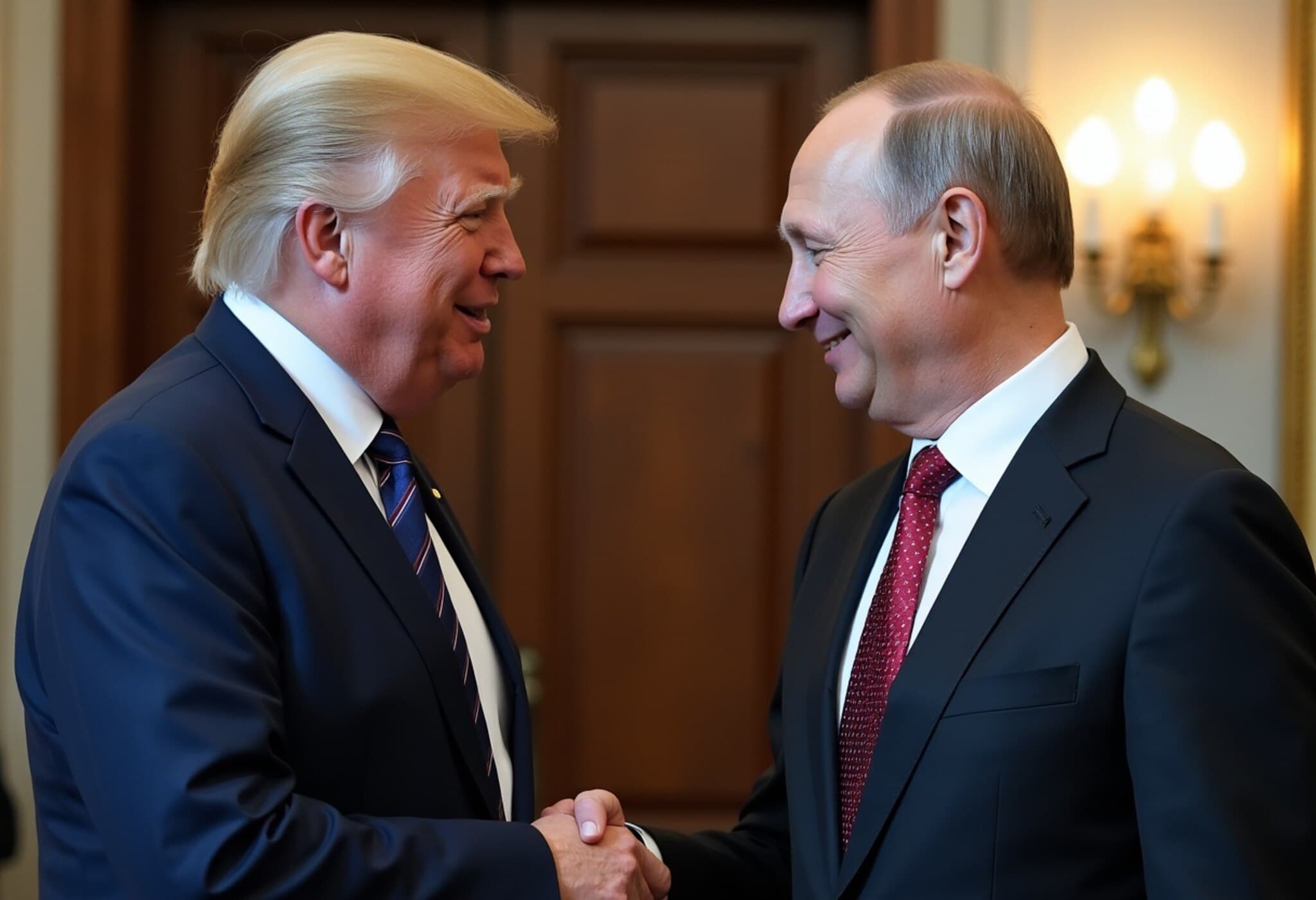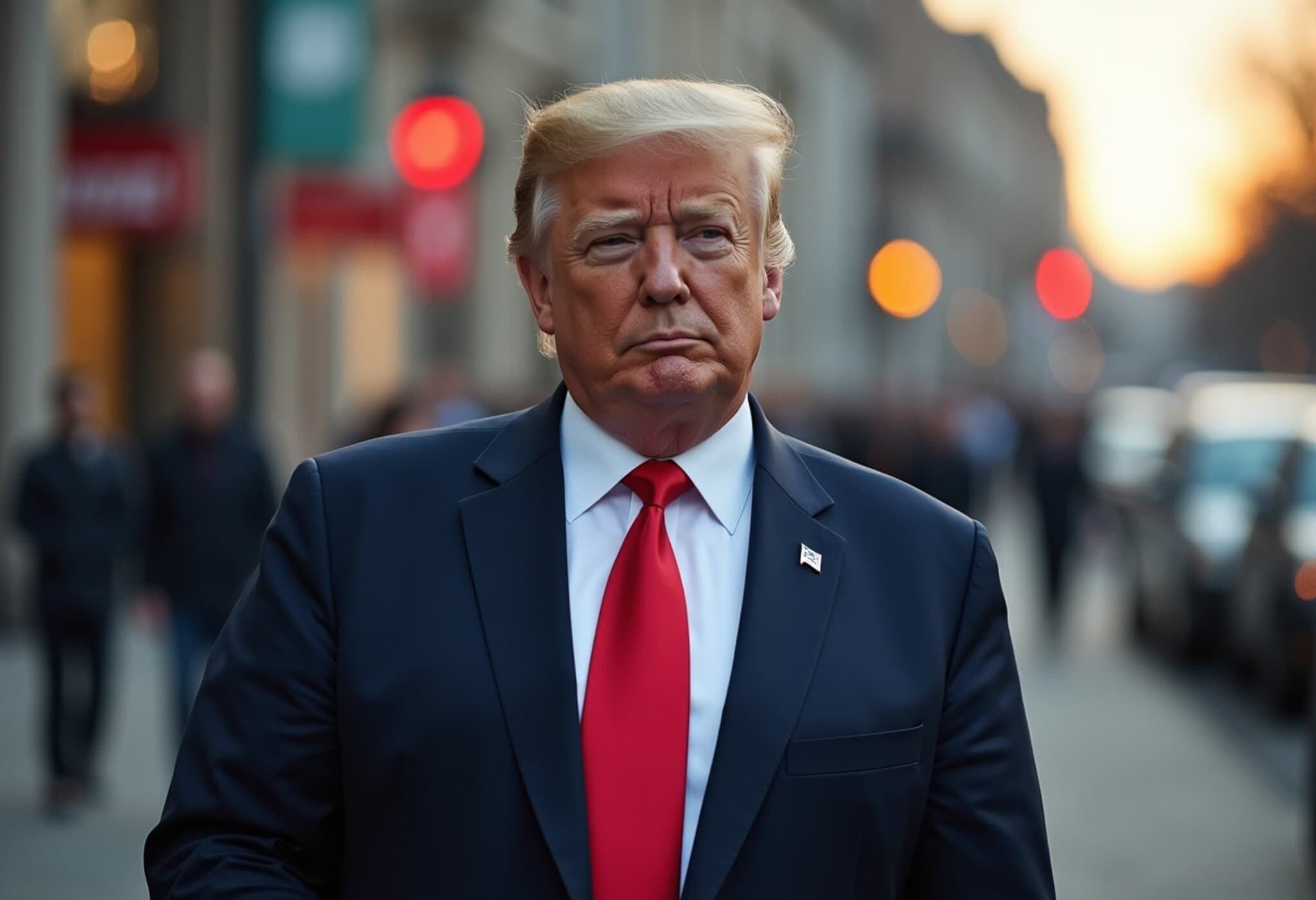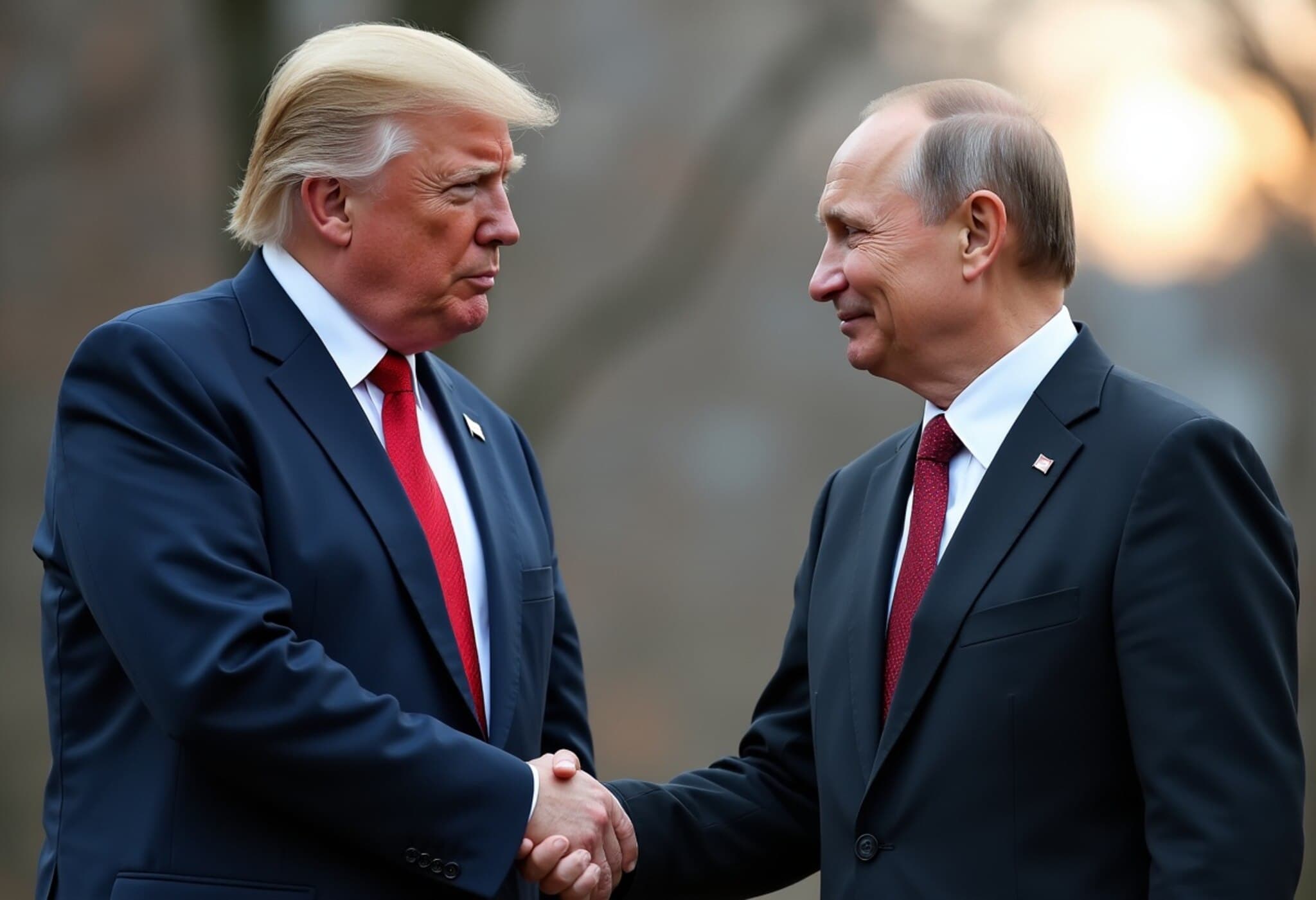Brazil’s Independence Day Takes a New Iconic Turn
Every September 7, Brazil marks its Independence Day with vibrant celebrations, national pride, and public demonstrations. This year, however, the patriotic display took an unexpected twist as the country’s nationalist right-wing movement prominently unfurled a massive American flag over São Paulo’s bustling Avenida Paulista.
Stretching nearly 5,000 square feet, this star-spangled banner overshadowed the traditional yellow and green Brazilian flags typically seen on this symbolic day. Protesters brandished the flag as they voiced dissent against the anticipated conviction of former President Jair Bolsonaro on charges linked to a coup attempt. This visual was more than symbolic—it was a direct salute to former U.S. President Donald Trump, who Bolsonaro supporters credit with trying to intervene on their behalf.
What the American Flag Means in Brazil’s Political Landscape
The adoption of the American flag by Brazil’s right-wing activists reflects a broader, global reshaping of the stars and stripes’ symbolism. Where once it stood primarily for American patriotism, it now carries layered meaning tied to nationalist movements, political grievances, and international alliances.
For Bolsonaro’s supporters, the flag represents solidarity with Trump’s brand of right-wing populism, a shared resistance against perceived left-wing overreach, and a nod to an ideological kinship spanning continents. This trend resonates globally: similar right-wing demonstrations have embraced American symbols, from South Korea’s "Stop the Steal" chants mirroring Trump supporters to Israeli conservatives waving U.S. flags in support of policies aligned with Washington.
The Polarization of Symbols: Flags as Political Statements
- Right-wing supporters in Brazil combined American and Brazilian flag motifs, painting their faces red, white, and blue, underscoring their alignment with Trump-era policies.
- Left-wing protesters countered with Palestinian flags and communist imagery, highlighting the deep ideological rifts within Brazilian society.
- Vendors capitalized on the moment, selling large quantities of American and Israeli flags, signifying a transnational right-wing solidarity.
President Lula's Message and Reactions from Both Sides
Amid the charged atmosphere, President Luiz Inácio Lula da Silva emphasized Brazilian sovereignty by highlighting a massive national flag during his own Independence Day appearance, reminding citizens, "Our flag is Brazil and the Brazilian people."
Meanwhile, some on the right wing saw conspiracy in the attention given to the American flag. Pastor Silas Malafaia, a prominent evangelical leader backing Bolsonaro, suggested without evidence that left-wing agitators might have planted the giant U.S. flag to distract or delegitimize the nationalist movement.
Conversely, Eduardo Bolsonaro, the former president’s son and a congressman now based in Texas, embraced the image as a heartfelt thank-you to Trump for his support. Eduardo's Washington lobbying efforts underscore the increasingly international dimension of Brazilian right-wing politics.
A Political Controversy Turns Into a Potential Investigation
The controversy deepened when two leftist Brazilian congressmen, Lindbergh Farias and Pedro Campos, formally requested a federal police investigation into the flag’s provenance. They noted striking similarities between the São Paulo protest flag and the enormous American flag displayed by the National Football League (NFL) during a game held in the same city just 36 hours earlier.
The lawmakers pointed out matching proportions, colors, and timing, arguing there's a "concrete likelihood" organizers repurposed the NFL's flag for political theater. Their concerns hinge on Brazil’s laws prohibiting foreign entities from participating in domestic political campaigns, raising the question of whether the NFL or other international actors inadvertently became caught up in Brazil’s internal political strife.
Attempts to gather comment from Brazil’s federal police and NFL representatives have gone unanswered as this story develops.
The Broader Implications: Flags as Emblems of Globalized Political Identity
This episode illuminates how symbols like national flags transcend borders and become globalized tokens in ideological battles. Brazil’s right-wing endorsement of the American flag, combined with grassroots mobilization and international lobbying, reflects the complex interplay between domestic politics and global narratives.
It also surfaces critical questions about foreign influence, the role of multinational organizations in local politics, and the evolving nature of nationalism in an interconnected world.
Key Takeaways:
- Symbolic Power: Flags carry powerful political meanings that shift across contexts.
- International Entanglement: Political movements increasingly have transnational dimensions.
- Legal Boundaries: Brazil’s laws on foreign political involvement may set precedents for managing globalized political symbolism.
- Public Perception: Visuals like the giant American flag influence public discourse and political narratives beyond national borders.
Editor’s Note
The spectacle of an enormous American flag at Brazil’s Independence Day rallies underscores how local politics cannot be disentangled from global ideological currents. As Brazil grapples with polarized narratives and legal challenges, this moment invites reflection on how symbols and foreign alliances shape democratic discourse worldwide. Will the investigation into the NFL’s possible involvement reveal deeper international entanglements, or will it highlight the power of spectacle in political theater? Readers might consider how such imagery influences voter perceptions and the future trajectory of Brazil’s democracy.

